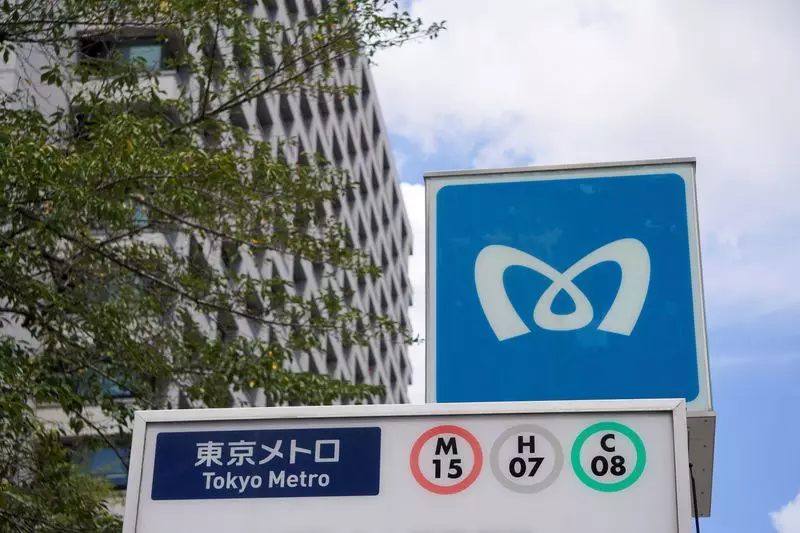The impending initial public offering (IPO) of Tokyo Metro is poised to be a groundbreaking event in Japan’s financial arena, expected to yield an impressive 348.6 billion yen (around $2.3 billion). This represents a significant milestone, marking the largest IPO in Japan in six years. The overwhelming demand for shares—reportedly over 15 times oversubscribed—has generated considerable interest among various investor segments, particularly retail investors enticed by the company’s robust reputation in the public transportation sector.
Tokyo Metro has established a share price of 1,200 yen each, landing at the upper end of its projected range of 1,100 to 1,200 yen. This strategic pricing has not only sparked robust enthusiasm among potential shareholders but also points to the confidence investors have in the company’s future performance. In an impressive show of demand, shares earmarked for retail investors were oversubscribed by nearly ten times, while offerings for institutional investors also saw extraordinary interest, with oversubscription rates varying from 20 to 30 times.
A noteworthy factor in driving investor interest is the attractive dividend yield linked to the IPO. Based on a forecasted dividend of 40 yen per share for the fiscal year ending March 2025, Tokyo Metro is poised to offer a dividend yield of 3.3%. This yield is expected to stand out compared to other players in Japan’s rail sector, including both private rail and Japan Railways, making the investment proposition all the more appealing. Analyst Kazumi Tanaka from DZH Financial Research underscores the dual appeal of stability and potential growth from anticipated increases in inbound tourism as travel resumes post-pandemic.
The IPO also represents a strategic divestment by the Japanese government, which holds a 53.4% stake in Tokyo Metro, while the Tokyo government owns the remaining 46.6%. As part of this IPO, both governmental entities are poised to sell half of their holdings, a move that signals a transition toward privatization and allows these stakeholders to capitalize on their investments while supporting a vibrant public transportation system.
Tokyo Metro’s IPO is not an isolated occurrence in Japan’s market. It follows the SoftBank Group’s telecom unit listing in late 2018, which previously broke records. Additionally, other firms are entering the fray, such as Rigaku, a manufacturer of X-ray testing tools backed by the Carlyle Group, signaling a renewed interest in IPOs across various industries despite challenges faced by some, like Bain Capital’s decision to cancel their plans for the IPO of Kioxia amid valuation disputes.
The Tokyo Metro IPO represents not just a momentous financial event but also a reflection of confidence in Japan’s economic recovery and growth prospects. As the firm prepares for its listing on the Tokyo Stock Exchange on October 23, the response from the market will be critical. Should the IPO succeed as anticipated, it could pave the way for other public offerings and further solidify Tokyo Metro’s vital role in the urban transport network of one of the world’s largest cities. This development may thus play a critical role in shaping the future of Japan’s financial markets.

